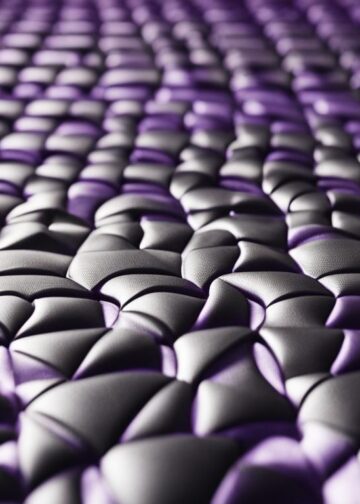The Japanese are globally renowned for their diligence and dedication to work. They consistently demonstrate meticulous and logical behavior in their daily routines.
Many Japanese individuals have an unconventional approach to sleeping. Some opt to sleep on the ground using only a floor mattress, known as a Japanese Futon. They tend to sleep fewer hours compared to the global average. The décor and setup of Japanese bedrooms vary distinctly from those in other countries.

A majority of Japanese individuals prefer sleeping with the lights on for various reasons. It is commonly understood that the Japanese favor brief naps over extended sleep periods during work hours. Consequently, keeping the lights on helps prevent falling into deep sleep, allowing them to return to their tasks more easily after waking.
Other reasons also support why the Japanese maintain illuminated sleeping environments. Keeping the lights on can be particularly beneficial for children and the elderly. Many children are afraid of the dark, and waking up to a fully dark room may cause them distress, potentially leading to trauma.

Elderly individuals often experience poor night vision. In dark settings, they are at risk of falling when trying to navigate to the bathroom at night. Thus, sleeping with the lights on proves more advantageous, avoiding complications for both children and the elderly in navigating dark environments.
While there are practical reasons for the Japanese habit of sleeping with lights on, it carries several adverse effects on physical and mental well-being. The presence of light during sleep can disrupt the quality and duration of rest, leading to issues like staying awake late, experiencing nightmares, waking up later, and feeling drowsy throughout the day, which ultimately results in dissatisfaction with sleep quality.
Moreover, there are serious risks associated with sleeping in a lit room, as detailed below:
- Depression: Exposure to light during sleep can exacerbate depression. Numerous studies indicate a link between artificial nighttime light and depression. Light affects cortisol levels, increasing stress and potentially resulting in severe depression over time.
- Obesity: A study by The National Institutes of Health found that women sleeping in lit environments tend to gain weight, with an average increase of 11 pounds over a year among affected individuals. This suggests a significant correlation between sleep environment lighting and obesity.
Further research supports the theory that artificial lighting at night might contribute to weight gain, likening its effects to the consumption of junk food. The disruption caused by light affects both sleep and dietary patterns.
- Connection to cancer: Sleep disrupted by light can diminish melatonin production, which is crucial for regulating sleep and wake cycles. This disruption heightens the risk of developing cancer, according to findings from The National Center for Biology Information (NCBI).
- Impact on next day’s activities: Lack of restful sleep impairs the ability to perform daily activities effectively, leading to reduced alertness and productivity, which is particularly hazardous for those in professions requiring constant vigilance, such as driving.
- Increase in disease risk: Persistently poor sleep due to light exposure increases susceptibility to several chronic conditions, including heart disease, high blood pressure, and type 2 diabetes.
This discussion clarifies why some Japanese prefer to sleep with lights on and highlights the potential health risks associated with this habit. We hope this information proves enlightening and beneficial for enhancing your understanding.
- “Sleep Like Royalty: Discover the Lucid 12″ Cal King Mattress!” - February 14, 2024
- “Is Your Mattress Past Its Prime? Find Out Now!” - February 11, 2024
- Sleep Better Every Season: Seasonal Sleep Tips - January 26, 2024










